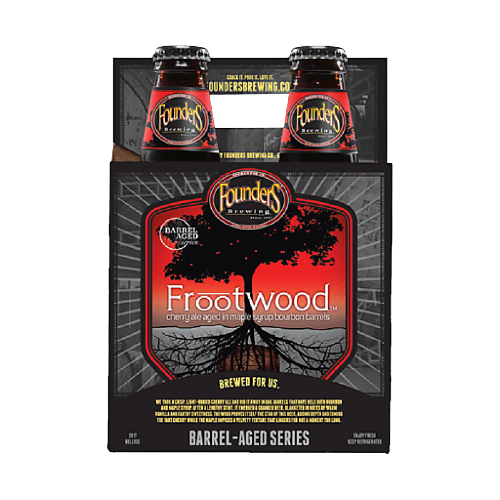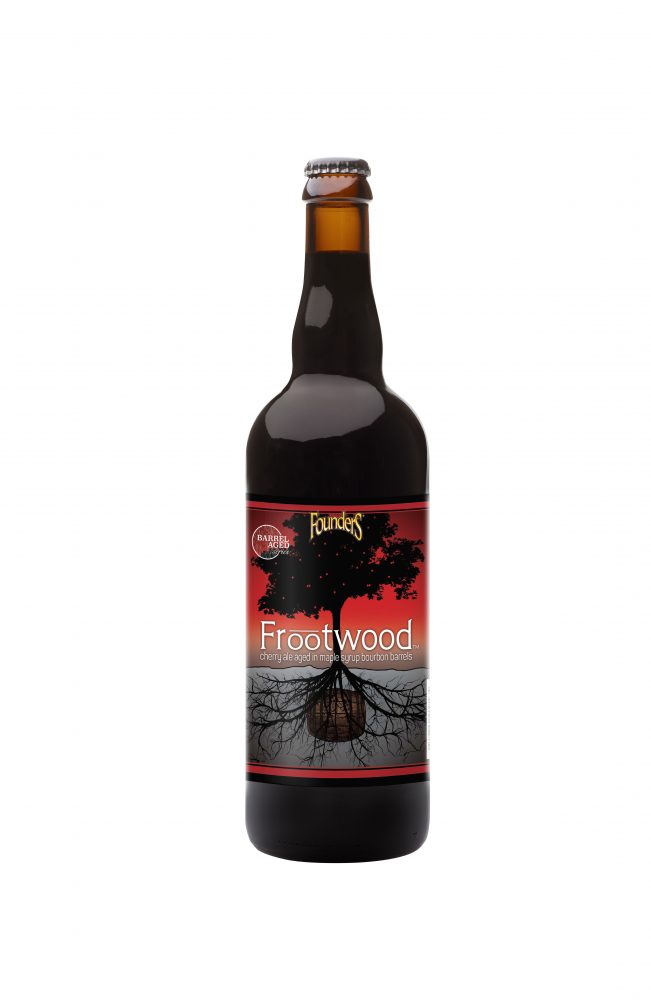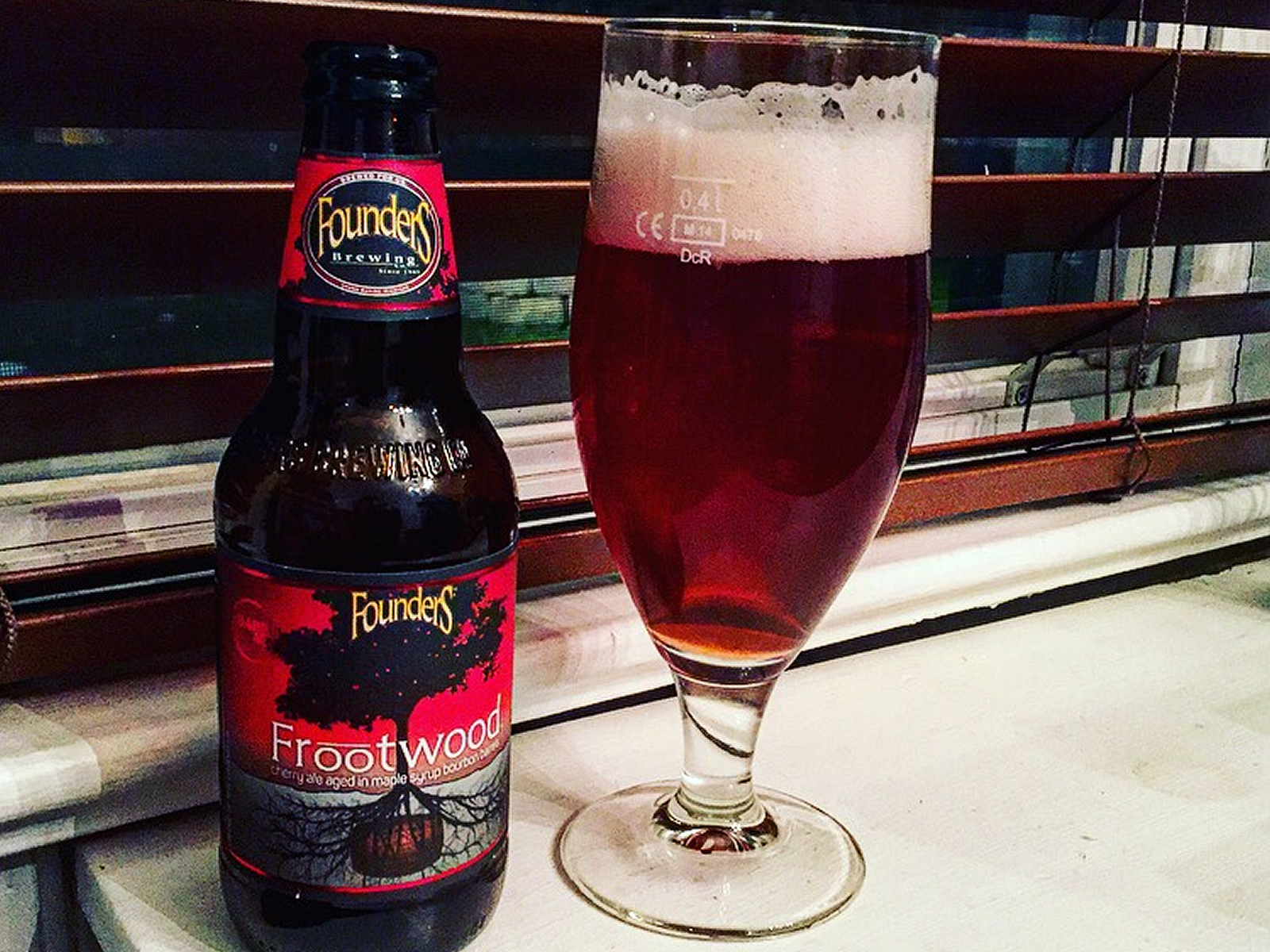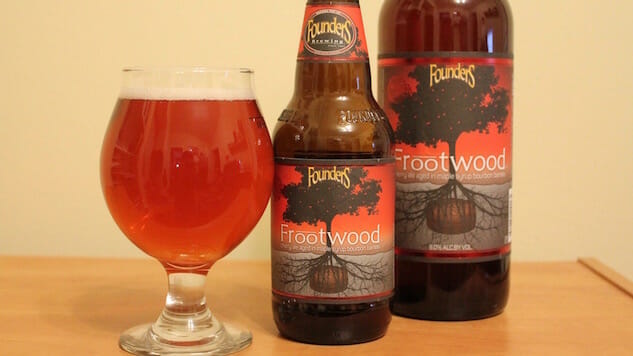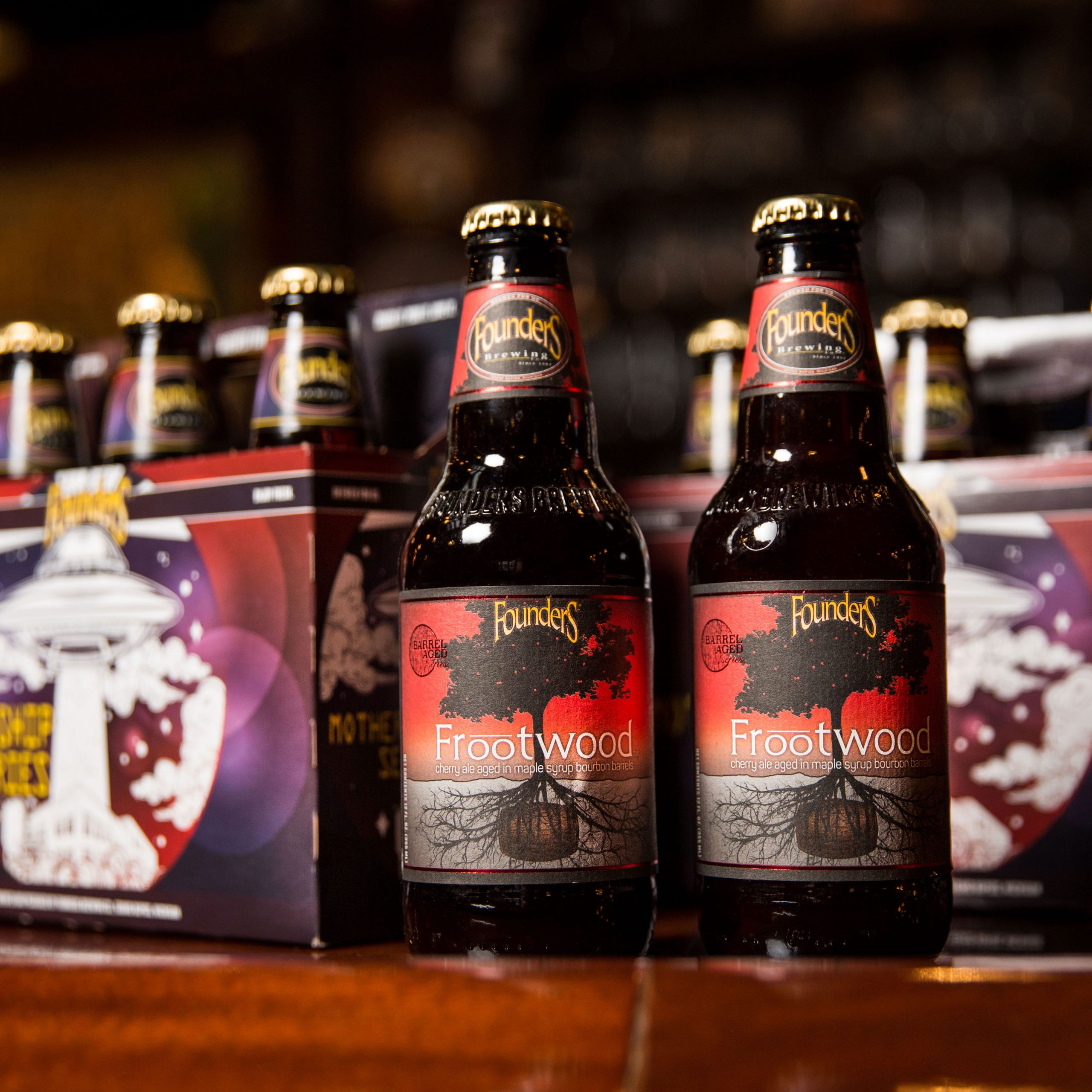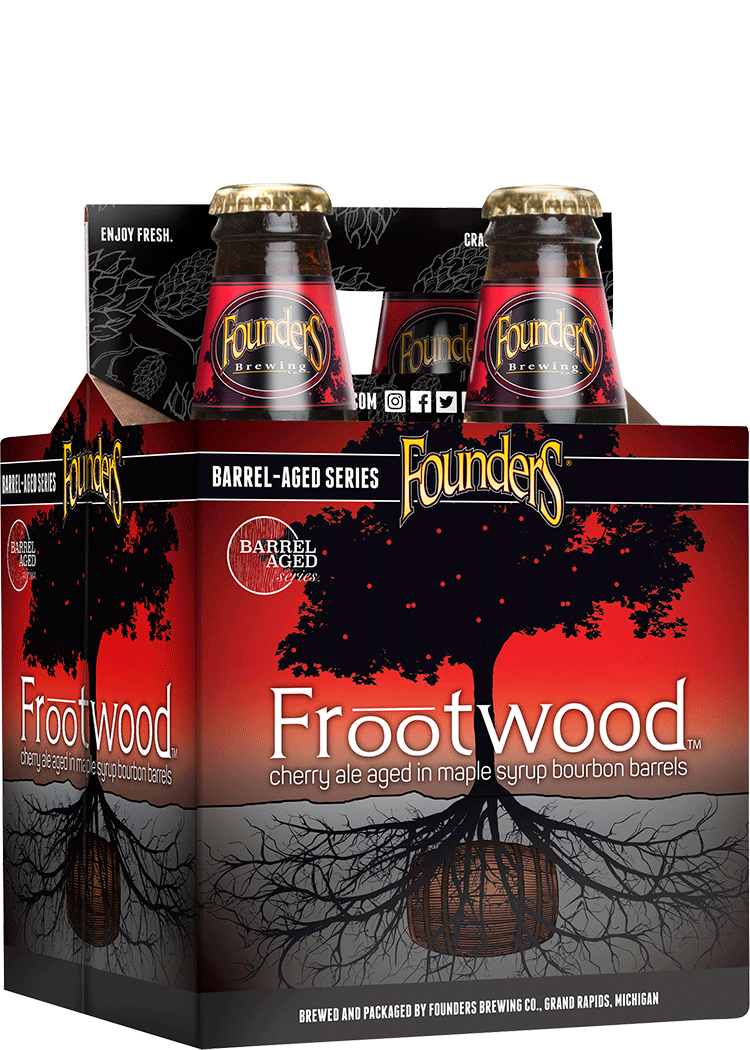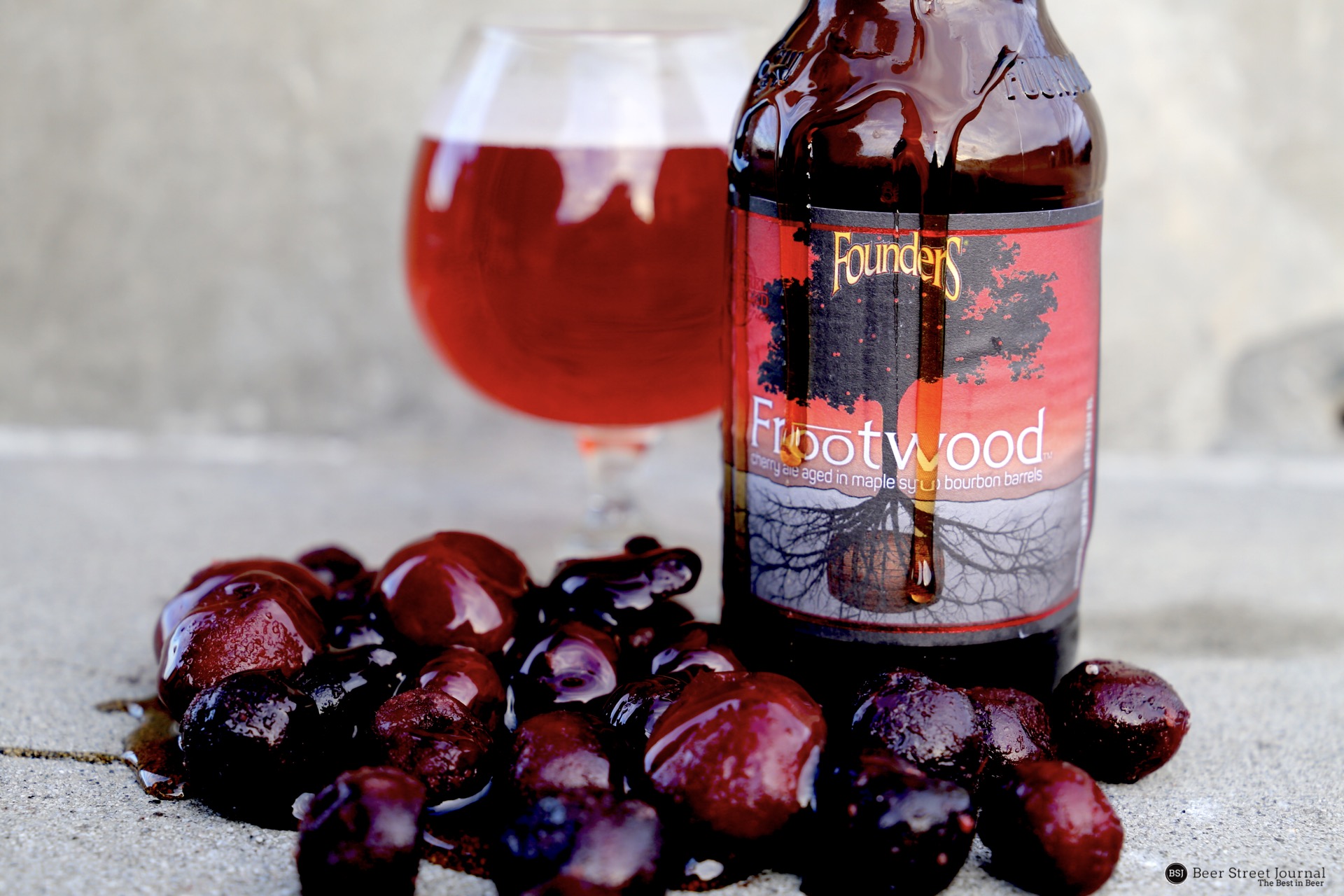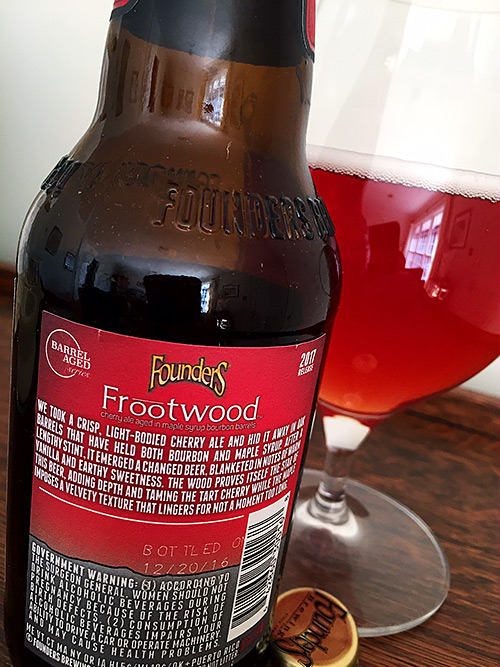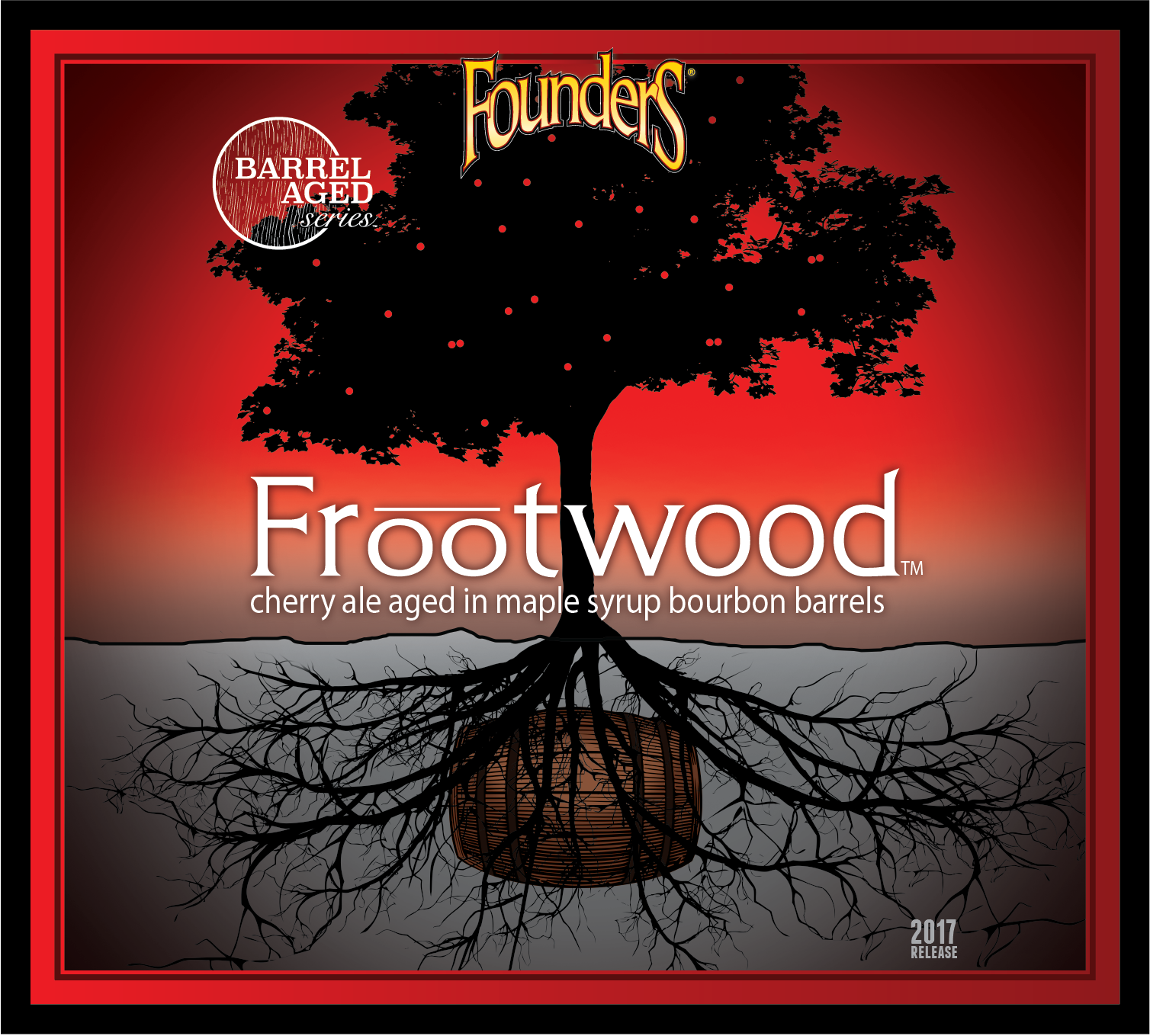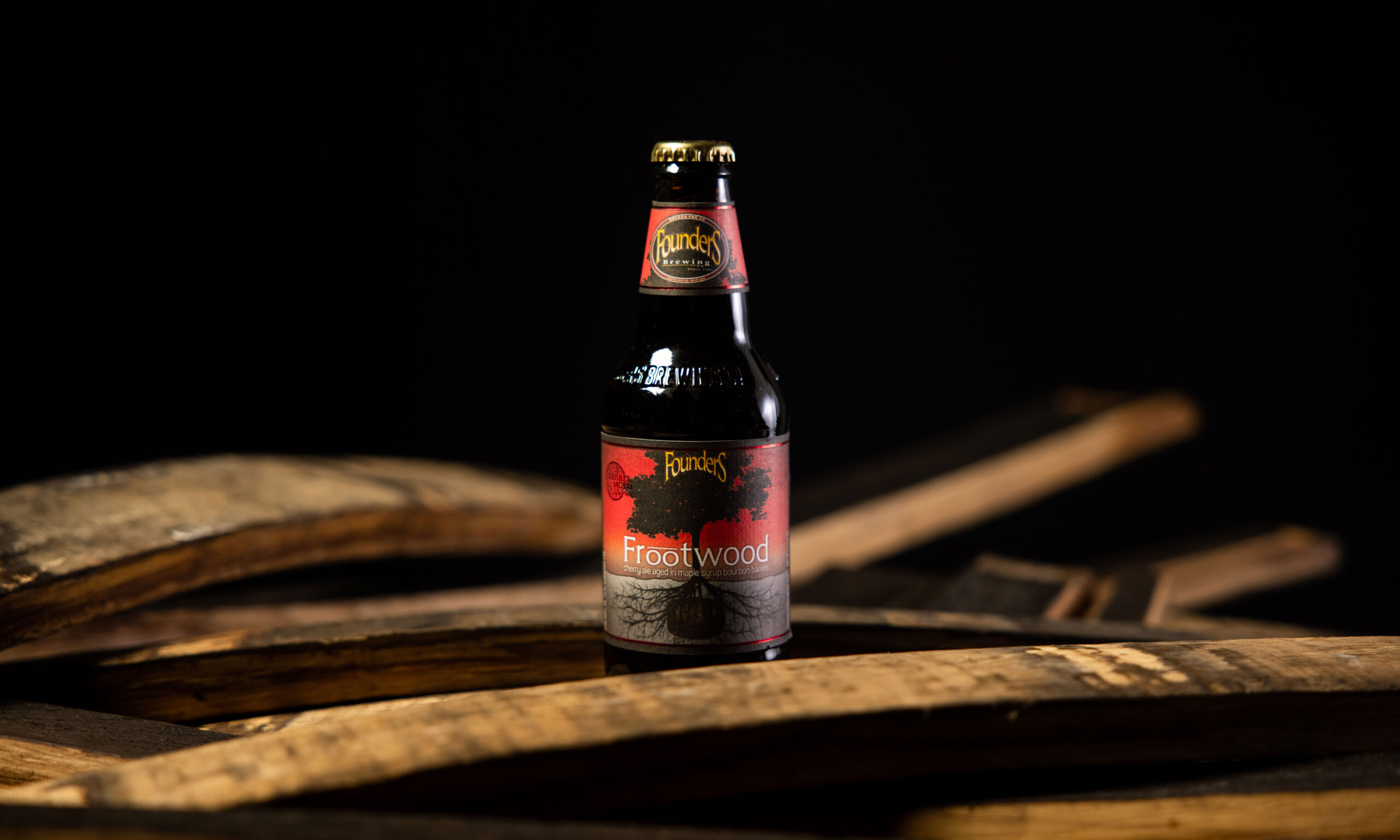Founders Brewing Co. Frootwood Fruit Beer
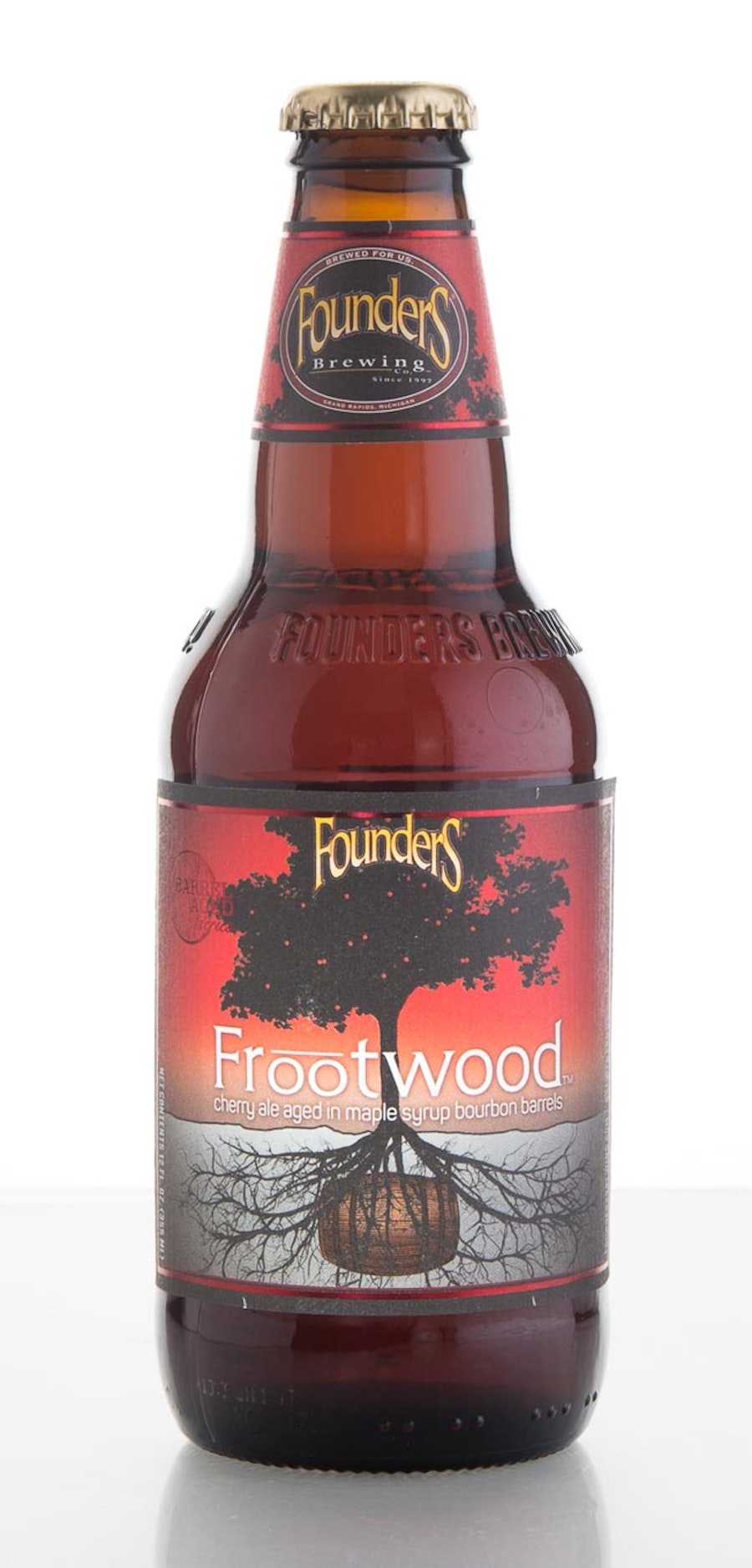
The subtle tang of cherries and the warming embrace of oak have long defined Founders Brewing Co.'s Frootwood, a cherry ale aged in oak barrels. However, recent rumblings within the craft beer community suggest a potential shift in the recipe, stirring both excitement and apprehension among loyal drinkers.
This article delves into the intricacies surrounding Frootwood, examining the evidence suggesting recipe modifications, the brewery's official stance, and the potential impact on the beer's identity and market reception. We will also explore the broader context of evolving consumer preferences and the challenges breweries face in maintaining consistency while innovating.
The Whisper of Change: Evidence and Observations
The initial spark of speculation arose from online beer forums and social media groups. Dedicated Frootwood enthusiasts began noting subtle differences in flavor profiles, particularly a perceived reduction in the intensity of cherry notes and a change in the overall balance of sweetness and tartness.
These observations, while anecdotal, gained traction as more consumers echoed similar sentiments. Untappd, a popular beer rating and social networking platform, witnessed a gradual shift in average ratings, with some users specifically citing alterations in the beer's characteristics.
Another factor contributing to the speculation is the fluctuating availability of certain cherry varieties. The supply chain challenges stemming from weather patterns and logistical disruptions have impacted the availability and cost of various fruits used in brewing, potentially forcing breweries to adapt their recipes.
Founders Brewing Co.'s Official Position
Founders Brewing Co. has remained relatively tight-lipped regarding any specific changes to the Frootwood recipe. In response to inquiries, the brewery has generally maintained that they continuously evaluate and refine their brewing processes to ensure quality and consistency.
However, they have stopped short of explicitly confirming or denying a major overhaul of the recipe. This ambiguity has fueled further speculation, leaving consumers to interpret the subtle changes for themselves.
According to a statement provided to select beer publications, a representative from Founders emphasized their commitment to using high-quality ingredients and adhering to rigorous quality control standards. They also acknowledged the dynamic nature of brewing and the occasional need to make minor adjustments due to ingredient availability and other factors.
Analyzing the Potential Motivations
Several factors could be driving any potential recipe adjustments. One possibility is cost optimization. Ingredient prices, particularly for specialty fruits and oak barrels, can fluctuate significantly, impacting the profitability of a beer like Frootwood.
Another potential motivation is adapting to evolving consumer preferences. The craft beer market is constantly changing, with new styles and flavor profiles emerging regularly. Breweries must stay ahead of the curve to maintain relevance and attract new customers.
It's also possible that Founders is experimenting with different approaches to address consistency challenges. Maintaining the exact same flavor profile year after year can be difficult, especially when relying on natural ingredients that can vary in quality and characteristics.
The Impact on Frootwood's Identity
Frootwood has carved out a unique niche in the craft beer landscape, known for its delicate balance of cherry sweetness, oaky dryness, and subtle tartness. Any significant deviation from this established profile risks alienating loyal customers who appreciate the beer's distinctive characteristics.
However, a carefully executed recipe modification could also attract new drinkers who might have previously found Frootwood too sweet or tart. The key is striking a balance between maintaining the beer's core identity and appealing to a broader audience.
The reception of any changes ultimately hinges on the execution. If the alterations are subtle and improve the overall drinking experience, they could be met with positive feedback. However, a drastic departure from the original recipe could result in disappointment and a loss of brand loyalty.
The Broader Context: Craft Beer and Evolving Tastes
The situation surrounding Frootwood highlights a broader trend in the craft beer industry: the tension between consistency and innovation. Breweries are constantly pressured to experiment with new flavors and styles while also maintaining the quality and consistency of their flagship beers.
This balancing act requires careful consideration and open communication with consumers. Transparency about recipe changes and the rationale behind them can help mitigate potential backlash and foster trust.
Ultimately, the success of any recipe modification depends on the brewery's ability to understand and respond to consumer feedback. Actively engaging with customers through social media, beer festivals, and other channels can provide valuable insights and help breweries make informed decisions.
"The craft beer industry is built on passion and innovation," notes Julia Herz, a former craft beer program director at the Brewers Association. "But it's also about respecting the traditions and expectations of consumers. Finding the right balance is essential for long-term success."
Looking Ahead: The Future of Frootwood
The future of Frootwood remains uncertain. Whether Founders Brewing Co. has indeed made significant recipe changes or simply refined their brewing process, the beer's long-term success will depend on its ability to maintain its unique identity and appeal to a wide range of drinkers.
Open communication with consumers and a willingness to listen to feedback will be crucial in navigating this period of potential transition. By embracing transparency and prioritizing quality, Founders can ensure that Frootwood remains a beloved and respected beer for years to come.
The evolving narrative of Frootwood serves as a reminder of the dynamic nature of the craft beer industry and the importance of adaptability in a constantly changing market. Only time will tell if the whispers of change will ultimately enhance or diminish the legacy of this beloved cherry ale.

